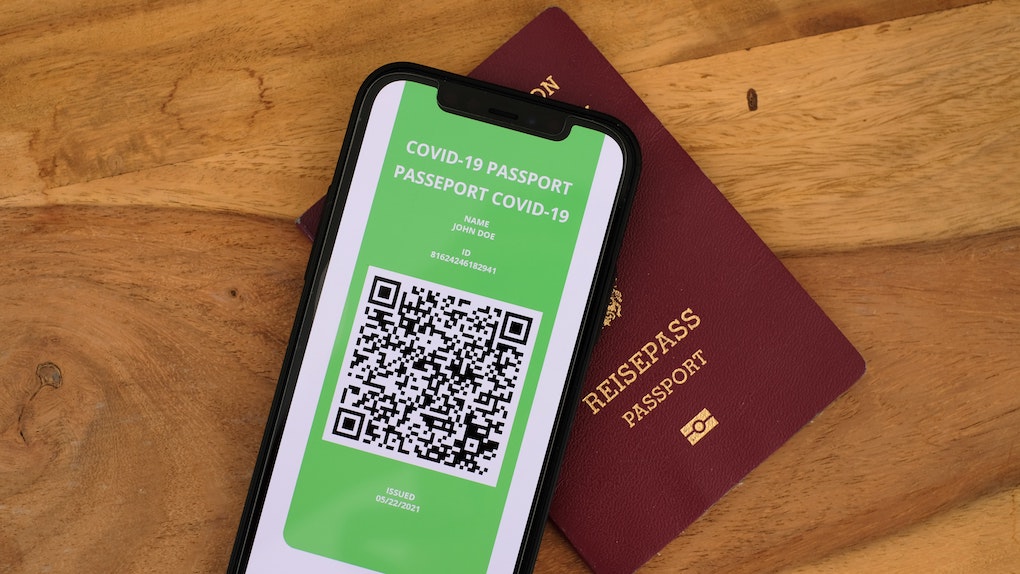Two Canadian travelers found out the hard way that lying about a COVID-19 vaccination isn’t advisable.
USA Today reports that the two travelers — whose names were not disclosed — tried to enter Canada during the week of July 18th. Upon their arrival, officials requested proof of their vaccination against the coronavirus, as the country’s restrictions require. The travelers provided falsified information and didn’t comply with the government’s requirement to quarantine at an approved facility upon arrival.
For these two snafus, they were fined nearly $20,000 each.
“All travelers arriving in Canada are obligated by Canadian law to respond truthfully to all questions,” said the Public Health Agency of Canada, in an official statement about the Canadian travelers. “Providing false information and/or documents to a Government of Canada official upon entry to Canada or making false statements or presenting fraudulent documents, such as vaccination credentials, is a serious offense and may result in fines and/or criminal charges.”
It’s unclear how the Public Health Agency of Canada discovered that the Canadian travelers had falsified these documents, nor is it clear if these travelers were required to leave the country. However, the official website for the Public Health Agency of Canada suggests that severe fines and penalties (some as high as a million dollars!) are possible for those who don’t comply with the country’s strict COVID quarantining guidelines. Because these guidelines are constantly changing, the country is recommending that “now is not the time to travel. We strongly advise you to cancel or postpone non-essential trips.“
As of this writing, the Canadian border is currently closed to American travelers. However, it is said that on August 9th, the borders will reopen. But prospective travelers will be required to comply with a laundry list of strict rules, and there are no exceptions to these rules.
Therefore, it’s strongly recommended that prospective travelers heading to Canada, get vaccinated against COVID-19.





